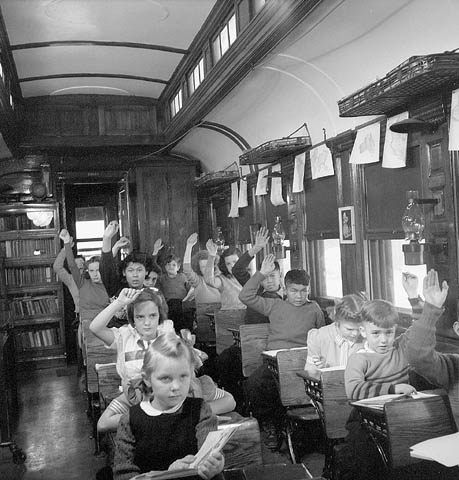Yet, with all that being said, something about this article immediately rubbed me the wrong way. It wasn't even the pathetic and predictable public declamation of everyone's favorite ideologically backward whipping boy, the South, in the second sentence. It also wasn't the specious attempt by the writer to make an entire system culpable in the excessive of a few extreme incidents. It wasn't even the shameless way the bugaboo of racism was conjured. Okay, so maybe it was all those things--as good points poorly argued are a pet peeve of mine--but not first and not most. This is what really troubled me:
When children are struck by school personnel, they learn a couple of lessons, neither of them good: One is that it's OK for non-parental authority figures to hit them. Another is that violence is an acceptable response to bad behavior.
Why should that bother me? After all, that sounds very much like my primary objection to the corporal punishment of children. Here's the problem: both of those "bad" lessons are true lessons which will serve children in our society. After all, I wonder if the writer is aware that the police, the most prominent domestic "non-parental authority figures," still employ force as a means of social control, even in the thirty one states and over one hundred foreign countries that have disallowed corporal punishment in schools. We may think ourselves civilized in America because we don't cane vandals or maim thieves, but our civil servants still strike, mace, wrestle, and electrocute suspected criminals for refusing to comply with official directives. As for violence acting as "an acceptable response to bad behavior," the continuing presence of capital punishment domestically and military action internationally prove that violence is still very prominent in our culture as a means for suppressing unacceptable behavior.
Perhaps the editorial writer and the enlightened residents of the Northeast would like it if all of that weren't true, if there were no violent action by the police, no armed conflict internationally, and no capital punishment. As a matter of fact, I'd like those things. But saying that for children to learn that the world is controlled by means of violence is a bad lesson is disingenuous. It is perhaps the most basically true lesson they can learn in school. If they'd like, opponents of corporal punishment can change the way the world works so that the life lessons they admit corporal punishment teaches are no longer true. If, however, the idea is to alter education in an attempt to rework the world order into their ideological image...well, wouldn't that be shocking.

No comments:
Post a Comment